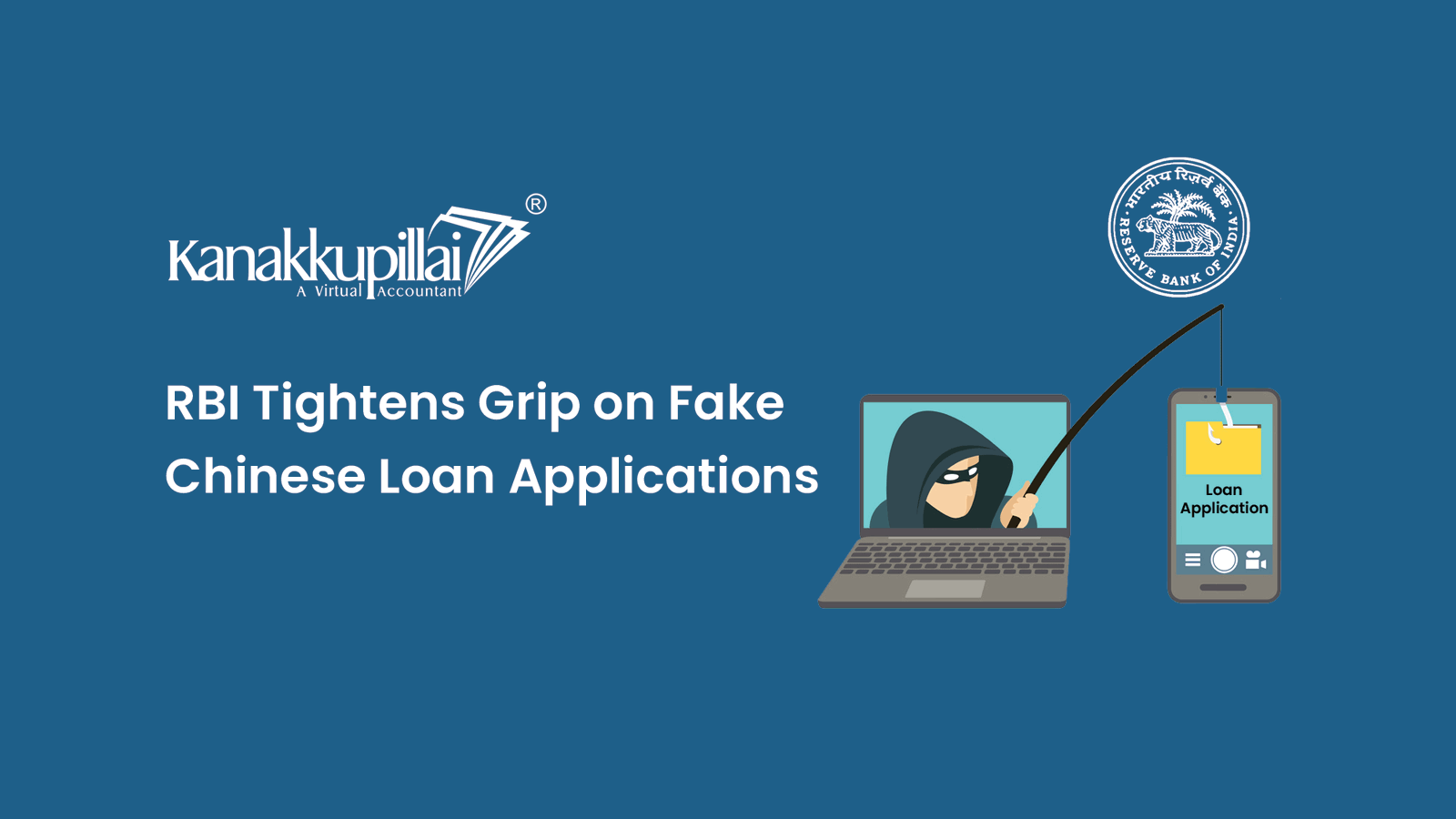Chinese digital lending applications have been defrauding Indian customers by exploiting a regulatory gap for many years. To engage in extensive lending activities, fintech companies developed the Memorandum of Understanding (MoU) route with already defunct Indian non-banking financial companies (NBFCs) because they were unlikely to obtain a new NBFC licence from the RBI under the current scenario.
Investigative authorities discovered that several fintech firms had engaged in predatory lending while working with NBFCs, circumventing the regulatory system. These fintech companies had been offering seven- to thirty-day periods on fast personal loans, attracting many Indian consumers. During the COVID-19 pandemic, many digital financing platforms, primarily Chinese apps, offered rapid loans to the most vulnerable populations—rural and young people without jobs. They were accused of using aggressive collection tactics, charging usurious interest rates, and conducting business unlawfully, making it difficult to regulate them effectively. The fintech companies followed the directives of their handlers in China and Hong Kong, who gained and accumulated substantial sums of money in deciding how to set interest rates and platform fees, among other things, which govern how the business operates.
Numerous microlending apps with Chinese ownership began operating in India under dubious circumstances. They primarily attract customers who are under pressure, making this a fundamental operational strategy. The strategy began with a straightforward social media ad encouraging users to download an online loan application to access “hassle-free loans in minutes.”
After being downloaded, the software would ask permission to access the victims’ contacts, which the business would then use for various forms of blackmail. Exorbitant processing fees and interest rates levied against the borrowers led many lower-middle-class members to fall into debt traps. They even drove some of them to commit suicide. To get their debts back, the Chinese racket harassed, threatened, and sometimes extorted the victims.
Through these apps, fraudsters prey on low-income populations or unsophisticated money managers, where less money is available for lending. In cases of late payments, the modus operandi typically entails deducting processing fees from the loan, along with penalties, at much higher rates of interest than those stated by the experts. Chinese apps also take advantage of legal ambiguities.
Numerous Chinese digital instant-loan apps offer simple loans to Indians, including Timely Cash, Y Cash, Momo, CashBus, Fast Rupee, Robo Cash, Cash Mama, Kissht, and Loan Time. They were able to contact over a million borrowers from the country successfully.
The RBI guidelines stipulated that all fees due to the loan service provider must be paid by the lender, not the borrower, to better protect the consumer’s interests. The security and privacy of consumer data will also be the responsibility of banks and non-banks, thus closing the regulatory standards’ loophole.
It further stated that automatic credit limit increases should not be allowed or given permission. The RBI has ruled that borrowers must be informed of the cost of digital loans. The Central Bank also provided the government with a list of suggestions, including the passage of legislation to outlaw unregulated lending practices, thereby protecting consumers.
In a previous letter to the RBI, the Indian enforcement agency, the Enforcement Directorate (ED), requested that the licences of NBFCs connected to Chinese loan apps in digital lending be revoked. It had taken up various First Investigation Reports, or FIRs, registered in India. It booked legal cases against more than 300 mobile apps and more than 50 NBFCs or Non-Banking Financial Corporations under the Prevention of Money Laundering Act (PMLA).
All information about fintech companies in India must be stored. The Communist Party has acquired control of large Chinese enterprises, although, as TV Mohandas Pai, Chairman of Aarin Capital Partners, has stated, the founders have been pushed out. He also said that there is total government control and takeover, which implies that the way the data resides, what they do, and how they do it are all aspects of espionage, or are they aspects of something we will never know?
The working committee of the RBI discovered 600 unauthorised lending apps in April. Observers noted that there may be even more cases than those found during the pandemic crisis. There is evidence to support their regional coordination and connections to other hubs of illegal Chinese activity. The central bank is currently reviewing the “know your customer” (KYC) regulations to identify shortcomings and fill gaps resulting from an increase in digital fraud instances.
Chinese con artists are well-renowned for seducing the young, unemployed, and financially strapped members of the lower classes of society, who are thus easy pickings for gangs and criminal organisations. In many nations, they are operating unlawful fraud activities. Many of these incidents have been uncovered, and such illicit activities have proliferated over time in all of China’s neighboring nations, including Cambodia, Vietnam, and other smaller countries.
The Nepal police in Kathmandu raided illegal call centres in a recent sweep that was sparked by several midday stories, and they detained 190 people, including five Chinese nationals and two Indians, for extorting money from Indian borrowers via rapid lending apps. The exploitation of Nepalese by Chinese nationals to carry out cybercrimes against Indians has aroused severe worries among the intelligence authorities in Nepal. Chinese nationals established illegal call centres in Kathmandu and other locations, recruiting locals with attractive compensation and commissions to perform the unsightly task of extorting money from Indians through rude, wrong calls and lewd images.
Nepal is becoming increasingly concerned about the growing number of Chinese citizens living there and their involvement in criminal operations directed at India. Over 1,500 Chinese nationals have been returned to China by Nepal in the last seven years due to their suspected involvement in illegal activities. Nepali officials detained 120 Chinese nationals after discovering an unlawful contact centre connected to mobile loan applications in December 2019.





